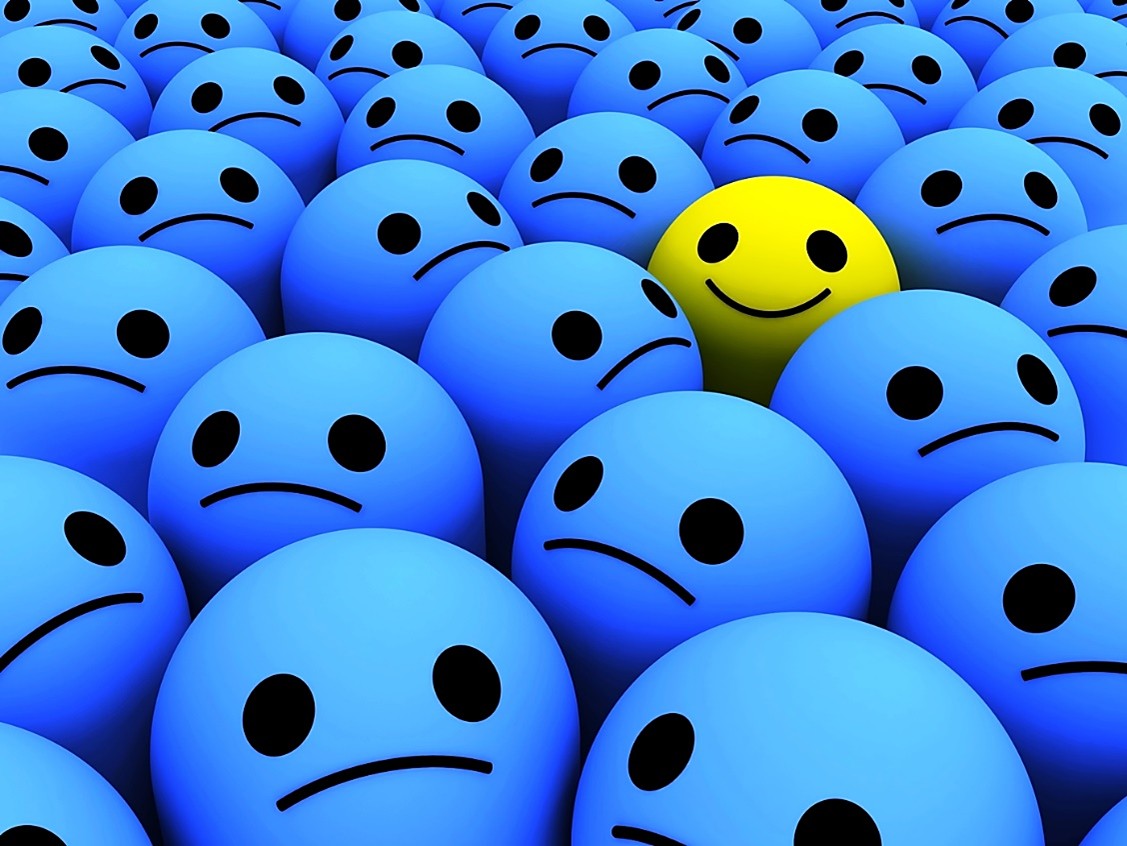When the temperature climbs, the reminders to ‘drink more water’ seem to come from everywhere – and for good reason. Hydration is key to keeping our bodies running smoothly. But there’s more to it than just avoiding dehydration.
Here’s why staying sensibly hydrated matters – and what many people may not realise.
Hydration Helps More Than Just Thirst
We know dehydration can cause fatigue, headaches, dizziness and more. But here are a few lesser-known reasons to stay on top of your water intake:
- Joint protection: Water keeps the cartilage in your joints cushioned and functioning properly. Less water = more friction = more aches.
- Digestive support: Dehydration can slow digestion, leading to bloating and constipation.
- Body temperature regulation: Hydration helps your body cool itself – especially important during heatwaves or exercise.
But Can You Drink Too Much Water?
You can and it’s more common than people think, especially in the summer when we’re hyper-aware of the heat. Overhydration can happen when you drink excessive water without replenishing vital electrolytes like sodium and potassium.
These minerals help your body:
- Hold onto the water it needs.
- Maintain the right balance between fluids inside and outside your cells.
Without them, your body may flush too much sodium, which can lead to symptoms like nausea, confusion and headaches.
So, What’s Sensible Hydration?
- Sip steadily throughout the day, not all at once.
- Eat electrolyte-rich foods like bananas, avocados, potatoes, leafy greens and melon.
- If you sweat a lot (exercise, outdoor work, or naturally heavy perspiration), consider electrolyte supplements or drinks that contain electrolytes to help maintain fluid balance.
- Don’t force litres of water if you’re not thirsty – your body knows what it needs.
Hydration is vital, but like most things, it’s about balance, not extremes. So, when it gets hot, keep your cool, top up your water bottle as needed, be kind and remind your workmates to visit the water cooler station and drink up … but drink smart.
sources overhydration: from an article at UCLA Health

